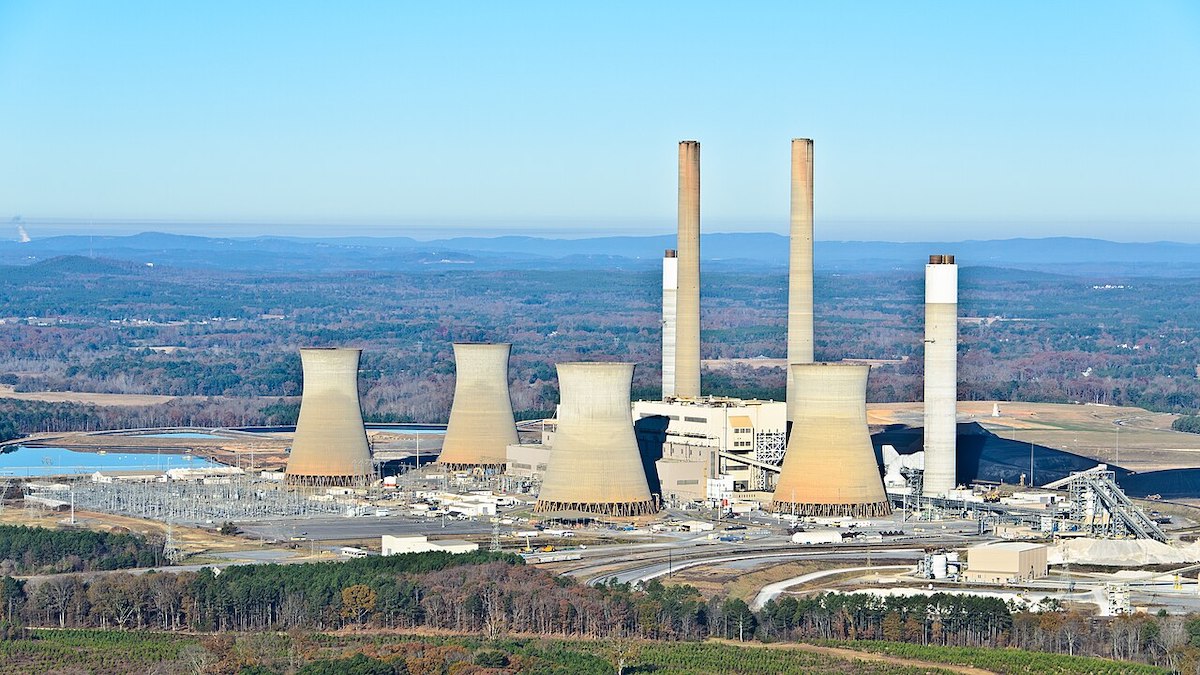Research & Developments is a blog for brief updates that provide context for the flurry of news regarding law and policy changes that impact science and scientists today.
On 11 June, the Environmental Protection Agency announced a proposal to repeal federal limits on power plant carbon emissions, including a Biden-era rule requiring power plants to control 90% of their carbon pollution and a 2015 standard limiting carbon dioxide emissions from new fossil fuel-fired power plants.
If made final, the plans mean that coal, oil, and gas-powered plants in the United States will no longer need to comply with federal limits on carbon dioxide emissions.
In the announcement, the agency argued that carbon emissions “are global in nature,” so any of their potential public health harms are not able to be accurately attributed to emissions from the United States. However, the U.S. power sector ranks among the world’s largest sources of carbon pollution, and emissions from the U.S. power sector already contribute to billions of dollars in global health damages, according to a report from the Institute for Policy Integrity.
The carbon pollution standards that the EPA aims to erase “have been criticized as being designed to regulate coal, oil and gas out of existence,” EPA administrator Lee Zeldin said in a statement. “According to many, the primary purpose of these Biden-Harris administration regulations was to destroy industries that didn’t align with their narrow-minded climate change zealotry.”
The Associated Press estimates that the Biden-era carbon pollution limits could prevent up to 30,000 premature deaths each year.
“By giving a green light to more pollution, [Zeldin’s] legacy will forever be someone who does the bidding of the fossil fuel industry at the expense of our health,” Gina McCarthy, a former EPA administrator, told the New York Times.
The announcement comes a day after Jarrod Agen, an energy advisor to President Trump and executive director of the White House’s National Energy Dominance Council, reaffirmed the administration’s intention to re-focus U.S. energy production on coal and natural gas.
“The president’s priorities are around turning around fossil fuels,” Agen said, adding that President Trump “is not focused on wind and solar.”
Related
• Trump EPA Moves to Repeal Climate Rules that Limit Greenhouse Gas Emissions from U.S. Power Plants
• Trump’s EPA Plans to Claim U.S. Power Sector Emissions Are Insignificant. It’s Absurd.
• EPA Axes Biden’s Climate and Pollution Limits on Power Plants
• Document Shows EPA Plans to Loosen Limits on Mercury From Power Plants
• Get Involved: AGU Science Policy Action Center
The EPA is also “hopeful” it will be able to reverse a 2009 declaration that greenhouse gases threaten the public health and welfare of current and future generations, according to POLITICO. The agency has already exempted at least 66 coal-fired power plants from federal limits on air pollution.
In the same announcement, the EPA also proposed the removal of a rule known as the Mercury and Air Toxics Standards, which tightened emissions of mercury and other toxic metals from power plants. Documents outlining Zeldin’s plans for the mercury rule, reviewed by the New York Times, said the Biden administration “improperly targeted coal-fired power plants” when it created the original rule.
—Grace van Deelen (@gvd.bsky.social), Staff Writer
These updates are made possible through information from the scientific community. Do you have a story about how changes in law or policy are affecting scientists or research? Send us a tip at [email protected].


